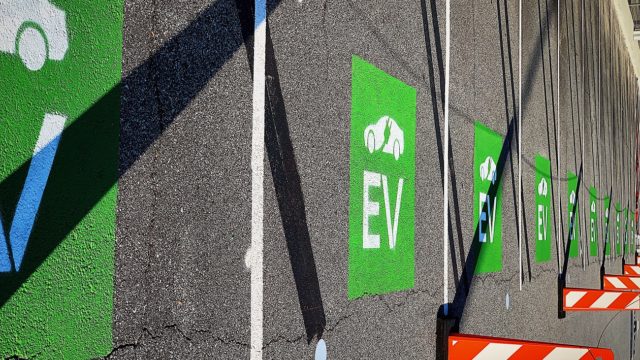Chris Arps, Host of The Tim Jones and Chris Arps Show
The Biden Administration’s proposal to drastically increase the adoption of electric vehicles (EVs) in the United States has sparked a significant debate. If this proposal goes into effect, the EPA is predicting that two-thirds of the new cars on the road by 2032 will be electric. While the move aims to reduce pollution and combat climate change, it conveniently ignores the challenges and concerns of this transition. Electric vehicles may be good for the environment, but factors such as affordability, insurance costs, supply chain dependencies, consumer preferences, and market dynamics must be considered.
One of the main obstacles to widespread EV adoption is their high price. According to Kelley Blue Book, the average cost of an electric vehicle in 2022 was $61,488, significantly higher than that of gas-powered cars at $49,507. This price disparity places EVs beyond the reach of many consumers, making them an option primarily for affluent buyers. Without more accessible pricing options, achieving the proposed target of two-thirds of new vehicles sold being electric by 2032 seems unrealistic.






